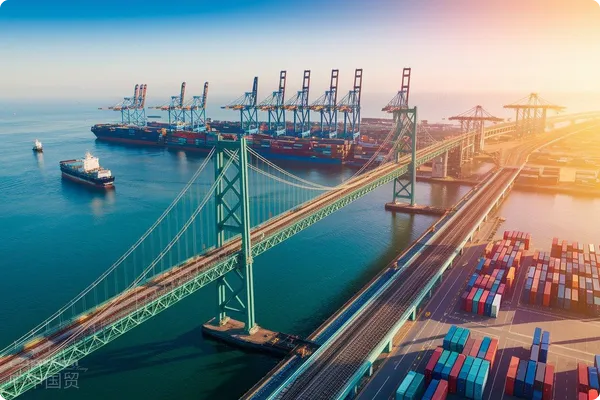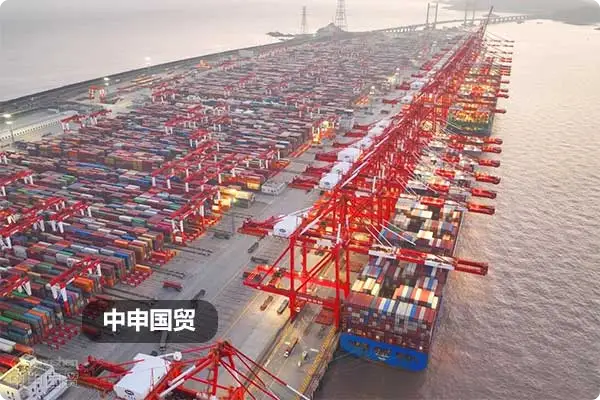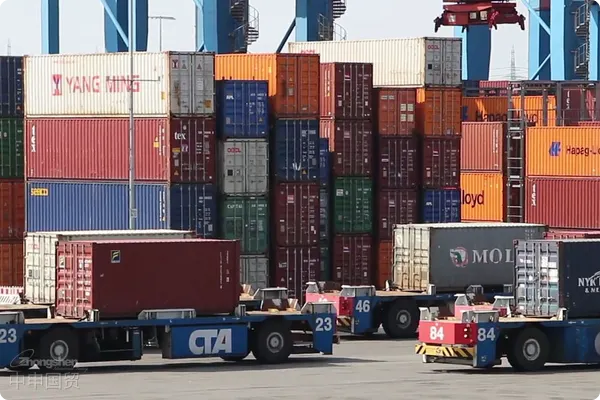- Shanghai Zhongshen International Trade Co., Ltd. - Two decades of trade agency expertise.
- Service Hotline: 139 1787 2118
In international trade, CIF (Cost, Insurance, and Freight) is one of the common trade terms, but its insurance premium calculation and coverage details are often overlooked. How to determine the rate? How to apply the insurance amount formula? Is freight forwarder-purchased insurance a convenience or a trap? If youre still puzzled by these questions, dont worry! This article will comprehensively analyze CIF insurance premium calculations and provide practical coverage tips to help you navigate with ease.foreign tradeRisk!

I. Basic Calculation Method of Insurance Premium
- Determination of Insurance Premium Rate
- Insurance companies typically determine rates based on factors such as cargo type, transportation method, and destination.
- The basic rate for cargo insurance is generally below 0.05%, with specific rates provided by insurance companies upon quotation.
- Insurance Premium for Freight Forwarders Purchasing on Behalf
- Quotation Characteristics of Freight Forwarders:
Freight forwarders usually add a certain percentage as service fee on top of their cooperative rate with insurance companies.
The rate quoted to customers is typically 0.1% or higher, while the actual insurance company rate may be lower than this level. - Minimum PremiumEven if the calculated premium is very low, insurance companies or freight forwarders usually set a minimum premium standard, such as around $10 or 100 RMB.
- Quotation Characteristics of Freight Forwarders:
- Calculation Formula for Insurance Amount
- The insurance amount is typically calculated as 110% of the cargo value plus freight:Insurance Amount = (Cargo Value + Freight) × 110%
- For example, if the cargo value is $10,000 and the freight is $1,000, the insurance amount would be:(10,000 + 1,000) × 110% = $12,100.
- Actual Premium Payment
- If the insurance rate is 0.05%, the premium would be:12,100 × 0.0005 = $6.05.
- However, due to the minimum premium requirement, the final charge may be $10.
II. Pros and Cons of Freight Forwarders Purchasing Insurance on Behalf
- Advantages:
- Operational ConvenienceFreight forwarders can typically coordinate transportation and insurance in one stop, saving time.
- Explosion - proof certificationFreight forwarders are familiar with the insurance process and can quickly match suitable insurance products.
- Disadvantages:
- Higher PremiumFreight forwarders may charge higher premiums than direct insurance due to additional service fees.
- Confirm Insurance StatusEnsure the freight forwarder has actually completed the insurance application to avoid omissions.
III. Precautions During the Insurance Application Process
- Timely Insurance Application
- Insurance must be completed before the goods leave the port.
- If insurance is purchased after the ship sails, the insurance company may refuse to compensate for losses related to the shipping schedule.
- Case warning: A colleagues goods were delayed in insurance due to the freight forwarder, resulting in insurance being completed only after the ship sailed. When the ship encountered danger and general average occurred, the insurance company refused compensation on the grounds of delayed insurance.
- Policy Verification
- After receiving the insurance policy, verify the following information:
Whether the insureds name is correct.
Whether the insurance amount, rate, and cargo description match the contract.
Whether the port of loading, port of destination, and mode of transport are clearly indicated.
- After receiving the insurance policy, verify the following information:
- Claims Process Preparation
- In case of cargo damage or loss, promptly report to the insurance company and provide necessary supporting documents, such as:
Original insurance policy;
Copy of bill of lading;
Damage certificate and related photos.
- In case of cargo damage or loss, promptly report to the insurance company and provide necessary supporting documents, such as:
IV. Summary and Suggestions
Under CIF trade terms, the calculation of insurance premiums is relatively straightforward, but the details in the insurance process cannot be overlooked. To ensure insurance validity and reduce risks, exporters should pay attention to the following points:
- Understand the insurance rate and minimum premium standards in advance to avoid unnecessary cost increases.
- If purchasing insurance through a freight forwarder, clarify responsibilities with them to ensure insurance is completed before the ship sails.
- After receiving the insurance policy, carefully verify the information to ensure the coverage matches actual needs.
Although the calculation of insurance premiums under CIF terms is not complicated, details determine success. From accurately calculating rates to choosing a freight forwarder for insurance, to verifying policy information, each step affects cargo safety and cost control. Through standardized operations and professional advice, you can not only reduce insurance costs but also effectively mitigate transportation risks, safeguarding your foreign trade business.
Related Recommendations
Learn
Contact Us
Email: service@sh-zhongshen.com
Related Recommendations
Contact via WeChat

? 2025. All Rights Reserved. Shanghai ICP No. 2023007705-2  PSB Record: Shanghai No.31011502009912
PSB Record: Shanghai No.31011502009912









